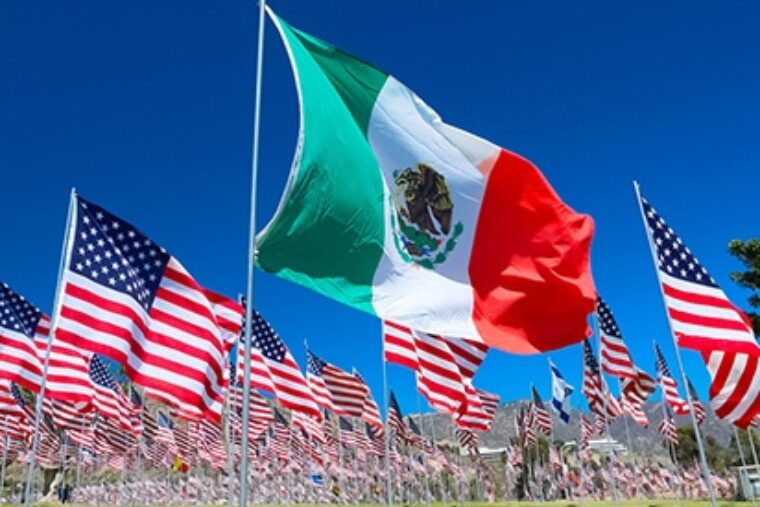Update: As discussed above, Mexico claims that Colt engraved pistols with the name of the freedom-fighter “Zapata” in order to appeal to the cartels. The irony here, as I just learned, is that Colt did not produce the Zapata 1911s. While Colt did manufacture the pistols, they were sold to a distributor who sold them to an engraver, who engraved them with the various Mexican themes, and then sold them through dealers. Talk about “remoteness”!
The March 4 oral argument in Smith & Wesson Brands v. Estados Unidos Mexicanos appeared to go very well for S&W and not well for Mexico. Mexico’s lawsuit seeks to hold America’s federally-licensed firearm industry responsible for the cartel violence that plagues Mexico and to prohibit the industry from doing ordinary business in compliance with the federal Gun Control Act.
Congress enacted the Protection of Lawful Commerce in Arms Act (PLCAA) in 2005 to prohibit lawsuits against the gun industry for crimes committed by third parties. Unable to persuade legislatures to enact prohibitionist measures, the anti-gun movement began bringing such litigation in the 1980s to try and destroy the industry via time and resource-consuming lawsuits and discovery. PLCAA sought to end such abuse of the legal system.
PLCAA requires courts to dismiss any “qualified civil liability action,” which means an action brought against a licensed manufacturer or seller of a “qualified product” – a firearm or ammunition – “resulting from the criminal or unlawful misuse of a qualified product by the person or a third party.” 15 U.S.C. § 7903(5)(A)(iii). That excludes an action in which a manufacturer or seller “knowingly violated a State or Federal statute applicable to the sale or marketing of the product, and the violation was a proximate cause of the harm for which relief is sought.”
By Stephen Halbrook



